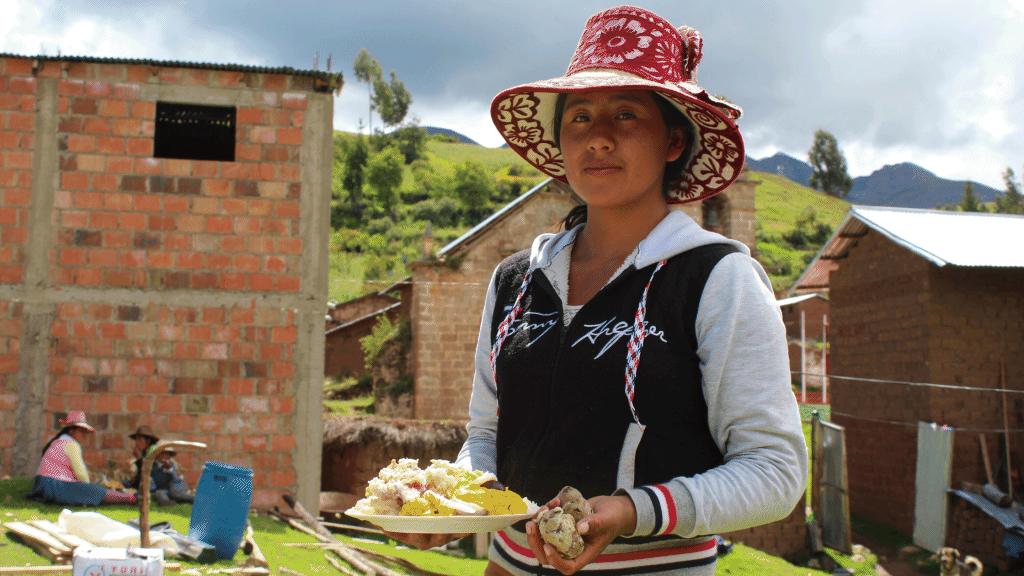Submitted by Tami Bohannon, Chief Advancement Officer
Since 1981 the United Nations has invited us to call attention to and celebrate the International Day for the Elimination of Violence against Women every November 25. My memory goes back to 1997 – my brand-new baby girl asleep in her cradle a few steps from my workspace as I wrote about this important initiative for the first time – wanting only to protect Molly and other young girls from the violence that was pervasive worldwide. It had only been four years earlier in 1993 that the UN General Assembly adopted the Declaration on the Elimination of Violence against Women through resolution 48/104, paving the path towards eradicating violence against women and girls worldwide.
So, how far have we come in the last 25 years? The United Nations’ Sustainable Development Goal #5 of Achieving Gender Equality and Empowering All Women and Girls has contributed to the elimination of violence. According to the UN, progress has been made in recent decades:
- more girls are attending school
- fewer girls are coerced into early marriage
- more women are sitting in parliament and positions of leadership
- laws are being amended to promote gender equality
Despite these gains, many challenges remain: discriminatory laws and social norms persist, women continue to be underrepresented at all levels of political leadership, and one in every five women and girls aged 15 to 49 reports having been physically or sexually abused by an intimate partner within the previous 12 months.
According to a March 2021 media release from the World Health Organization, violence against women remains devastatingly pervasive and starts alarmingly young. Across their lifetime, 1 in 3 women, around 736 million, are subjected to physical or sexual violence by an intimate partner or sexual violence from a non-partner – a number that has remained largely unchanged over the past decade.
“Violence against women is endemic in every country and culture, causing harm to millions of women and their families, and has been exacerbated by the COVID-19 pandemic,” said Dr. Tedros Adhanom Ghebreyesus, WHO Director-General. “But unlike COVID-19, violence against women cannot be stopped with a vaccine. We can only fight it with deep-rooted and sustained efforts – by governments, communities, and individuals – to change harmful attitudes, improve access to opportunities and services for women and girls, and foster healthy and mutually respectful relationships.”
According to the UN, the pandemic has also led to a steep increase in violence against women and girls. When lockdown measures were put in place, many women were trapped at home with their abusers, struggling to access services that are suffering from cuts and restrictions. Emerging data shows that, since the outbreak of the pandemic, violence against women and girls – and particularly domestic violence – has intensified.
What does Advance do to make a difference?
At Advance, we recognize that gender equality is not only a fundamental human right, but also a vital basis for a peaceful, successful, and sustainable society.
Our work in developing nations is all about achieving health equity for the people we serve. We achieve this by collaborating with in-country NGOs, who inform us about their needs and issues, and then we work together to devise a solution.
Here’s just one example of our work that is helping to take the globe ahead in terms of ending violence against women. We know that when women have access to resources, they can move away from abusive relationships and lifestyles, safeguard their children, and maintain their health. To read more about this important work, check out our blog.
According to our Peruvian partner NGO, CADEP, data show that 70 out of every 100 rural women labor in agriculture, 23.5 percent of women aged 15 and older are illiterate, and 46 percent of rural women aged 14 to 29 have no resources of their own and are economically reliant on males.
We seek to empower Peruvian women to succeed in agricultural jobs; they are critical in seed conservation, planting, food security, and sovereignty.
What can you do to draw notice to this day and initiative?
Check out the UN’s list of ten ways to make a difference during this year’s 16 Days of Activism Against Gender-Based Violence, which will take place from November 25th to December 10th.
Join me in the effort to “Orange the World: End Violence Against Women Now!”

